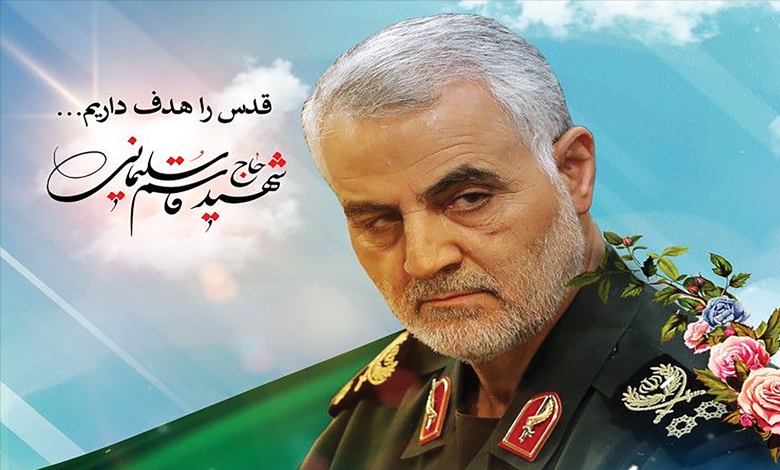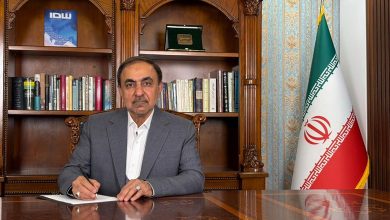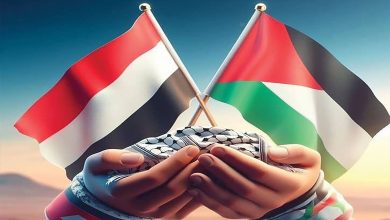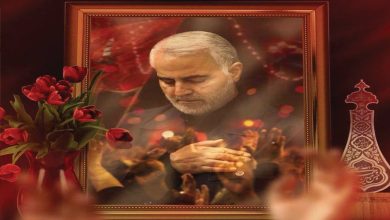Part Three: Diplomacy on the Ground – Soleimani’s Initiative in Engineering Fronts (Section Two)

 Political Section
Political Section
Soleimani as a Diplomat Behind the Lines of Battle
Soleimani was a figure beyond a military commander who uniquely and effectively applied diplomacy deep within the battlefield. He maintained an active presence behind the lines and, with precise knowledge of field developments and the region’s political complexities, was able to integrate diplomatic interactions with military strategies seamlessly. This approach elevated resistance diplomacy, usually conducted through formal negotiations and diplomatic meetings, to a level of realism directly informed by the conditions and needs of the battlefield.
Soleimani’s presence across various fronts—from Iraq to Syria, Lebanon, and Yemen—provided opportunities for him to act not only as a field commander but also as a negotiator and political coordinator. His mastery of local structures and deep understanding of various forces allowed him to communicate with multiple groups and achieve agreements that strengthened cohesion and synergy within the resistance axis. This approach went beyond traditional diplomacy by leveraging field capabilities to establish stability and reinforce relationships, rather than relying solely on desk negotiations.
He fully understood that no military success could be sustainable without solid political backing. Accordingly, he viewed diplomacy as a necessary complement to military power. His connections with regional political and military leaders, along with his influence and credibility among resistance groups, enabled him to directly or indirectly manage tensions and prevent the escalation of conflicts. This balance between diplomacy and field presence demonstrated his deep understanding of regional complexities and the importance of unity among different fronts.
By combining these capabilities, Soleimani defined field diplomacy as a strategic tool capable of influencing political and military developments. He was not only a combat commander but also an engineer of complex relationships that shaped the balance of power in the region, guiding it toward the interests of the resistance axis. Thus, diplomacy behind the lines of battle became a dynamic force fueled by military strength while helping consolidate field achievements.
Soleimani’s Role in Diplomacy Surpassed the Foreign Ministry
Lieutenant General Qassem Soleimani, former commander of the Quds Force of the Islamic Revolutionary Guard Corps, had an impact on diplomacy that exceeded the formal diplomatic apparatus of Iran. He was recognized not only as a prominent military commander but also as someone who combined military strategy and diplomatic skill to effectively advance Iran’s national interests and the broader objectives of the Islamic Ummah, particularly in opposition to the United States and Israel. This article examines why Soleimani’s role in diplomacy was more effective than that of the Ministry of Foreign Affairs.
Effectiveness Within the System and on the Ground
Soleimani demonstrated that it was possible to operate within the bureaucratic framework of the state while exerting significant influence in both military and diplomatic arenas. Unlike those who believe that achieving major goals requires operating outside formal structures, he provided a model of efficiency and commitment to the principles of the Islamic Revolution from within the system. This distinguished him from many others, as he turned bureaucratic limitations into opportunities for progress.
Linking Militarism and Diplomacy
One of the most remarkable aspects of Soleimani’s role was his ability to combine the battlefield with diplomacy. He went beyond being a military commander and actively participated in negotiations and international interactions, strengthening unity and coordination among various regional groups. For instance, his role in forming and supporting the Popular Mobilization Forces in Iraq, similar groups in Syria, and supporting the resistance in Yemen demonstrated the depth of his impact in creating a united front against enemies. These actions brought significant achievements not only militarily but also politically and diplomatically.
A People-Centered and Principled Character
Soleimani, with qualities such as humility, spirituality, and kindness toward people, earned their trust and affection while remaining steadfast in defending his principles. This unique combination allowed him to be a charismatic and influential figure, forging deep connections with local populations and regional forces. By trusting young people and nurturing capable personnel, he also laid the foundation for positive developments whose effects continue to be felt across the region.







